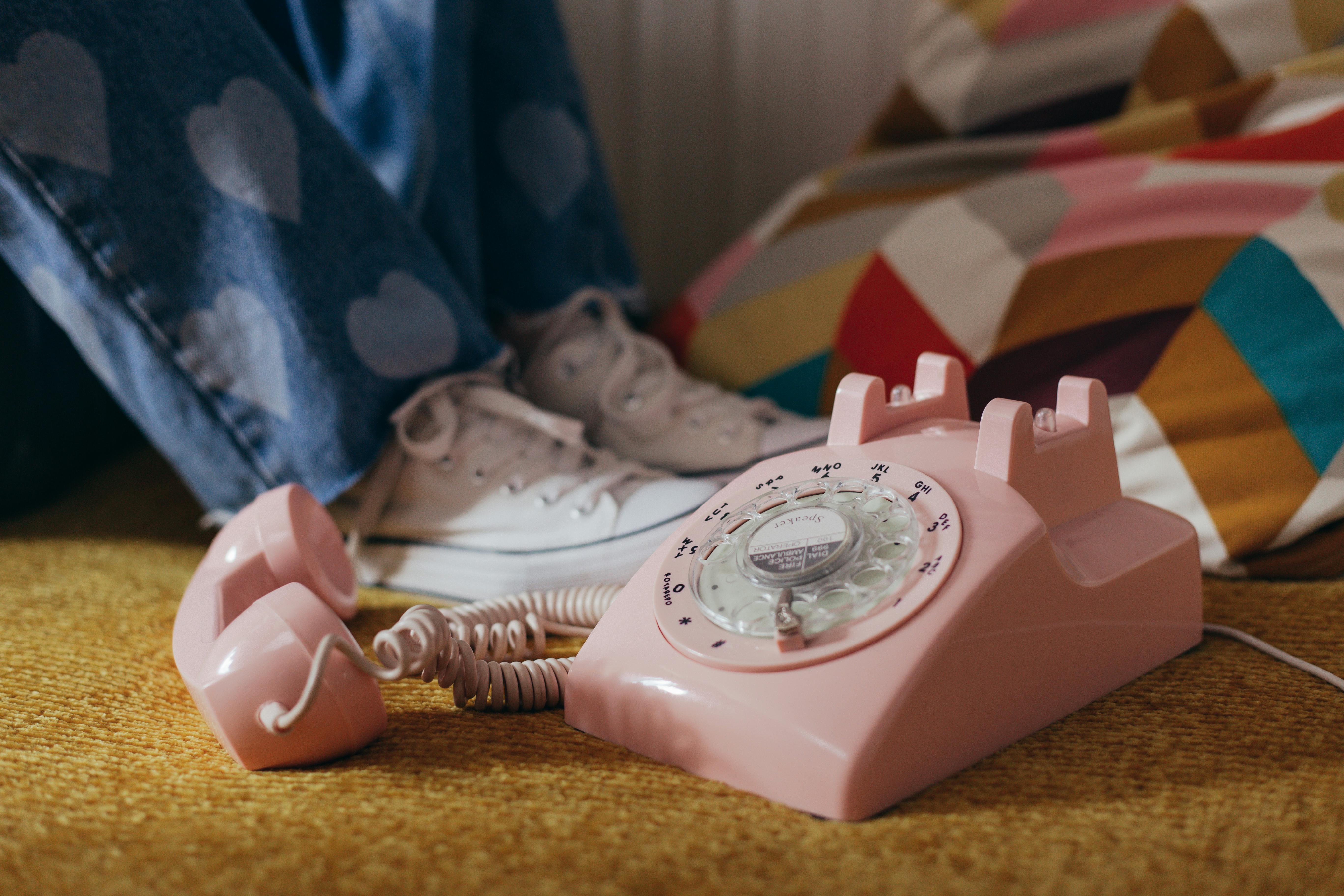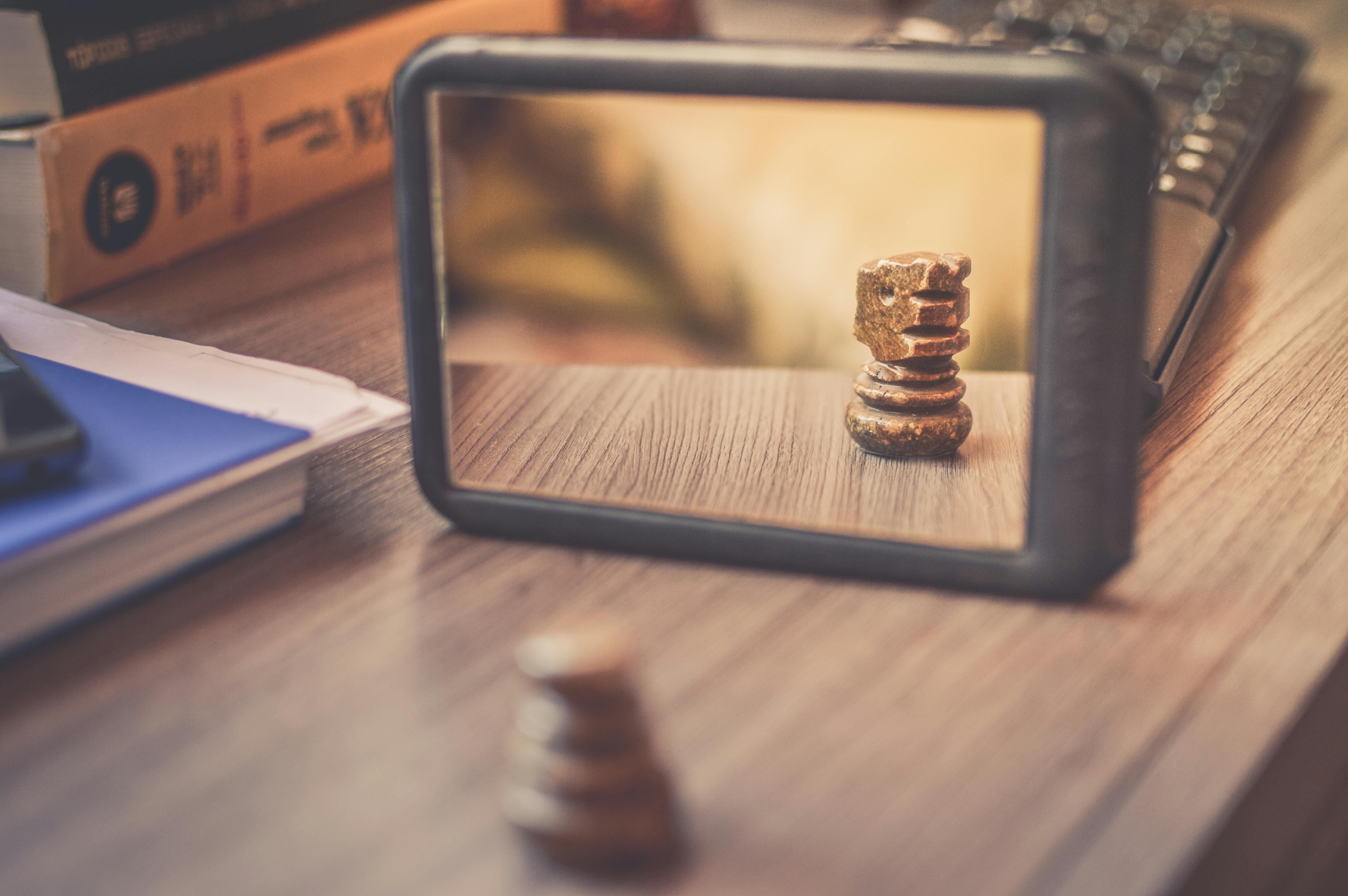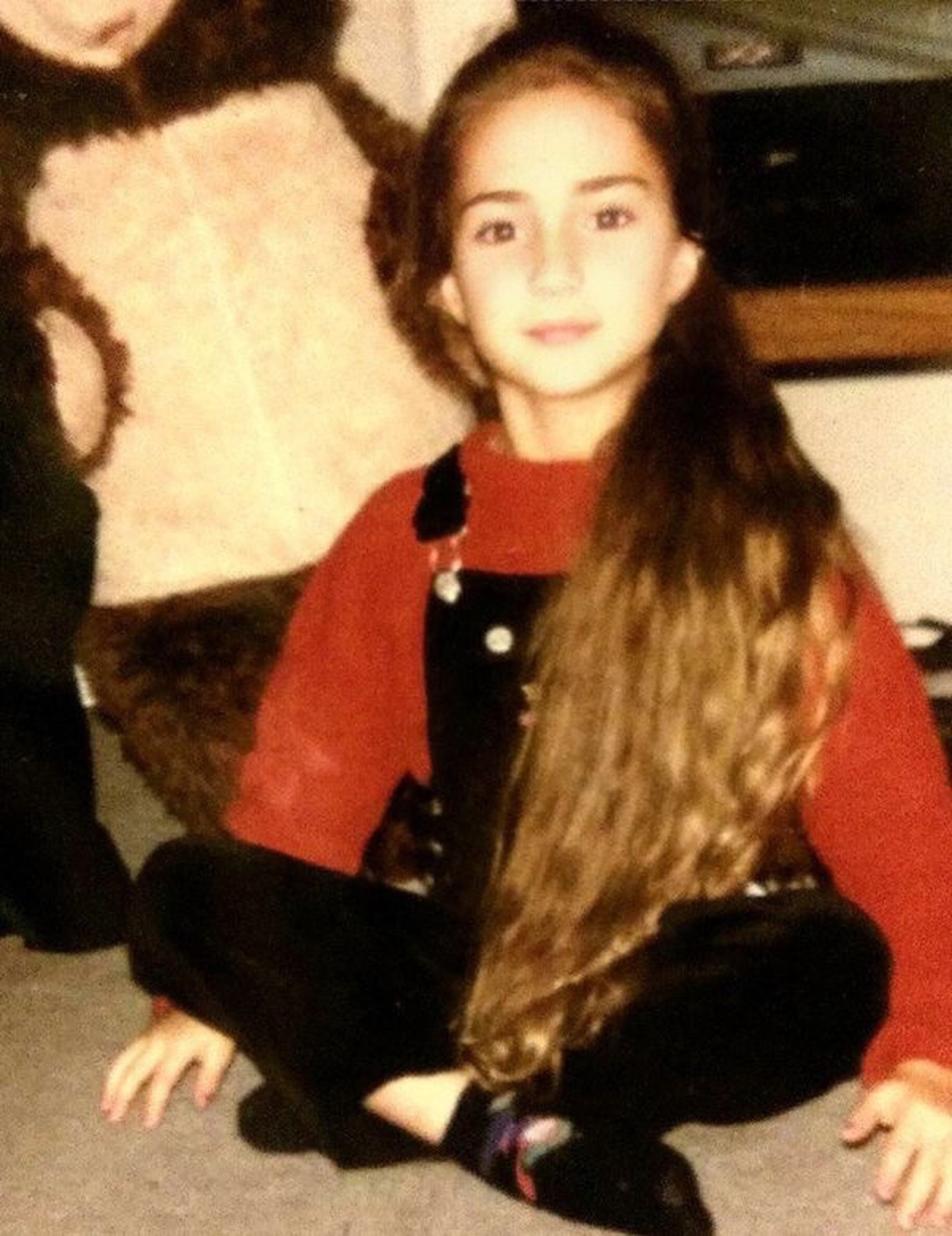Conflict: Your Unexpected Ally in Building Stronger Relationships

Conflict in relationships is inevitable—but that’s not a bad thing. Instead of dreading or avoiding it, we should see conflict as a vital element of growth, understanding, and connection. A healthy relationship with conflict doesn’t mean eliminating disagreements but learning to navigate them with grace, compassion, and a focus on repair.
This article explores how to foster a positive perspective on conflict, the transformative power of repair, and the red flags to watch for during the repair process.
Conflict: A Gateway to Growth
Conflict is often seen as a threat to harmony, but in reality, it’s a natural part of any close relationship. Disagreements arise because two individuals bring their unique experiences, needs, and perspectives to the table. When embraced constructively, conflict becomes an opportunity to:
- Understand Differences: Conflict exposes areas where perspectives diverge, providing a chance to learn about your partner’s inner world.
- Clarify Needs: Disagreements often highlight unmet needs or feelings that require attention.
- Strengthen Bonds: When handled well, resolving conflict fosters trust and intimacy, demonstrating that the relationship can withstand challenges.
Avoiding conflict, on the other hand, can lead to resentment, unspoken frustrations, and emotional distance. The healthiest relationships aren’t conflict-free; they are conflict-resilient.
The Art of Repair: Restoring Connection After Conflict
The real work begins after the argument. Conflict itself doesn’t harm relationships nearly as much as unresolved or poorly handled disputes do. Repair is the process of reconnecting, making amends, and rebuilding trust after conflict. It’s not about erasing the disagreement but rather addressing its aftermath with care and intention.
Key Steps in Repair
- Create Space to Cool Down: High emotions can make constructive conversations difficult. Give each other time to calm down before initiating repair.
- Take Accountability: Acknowledge your role in the conflict, even if it’s only a small part. Taking responsibility signals humility and a willingness to learn.
- Listen Actively: Listen to your partner’s perspective without interrupting, defensiveness, or trying to fix. Sometimes, the most powerful repair comes from simply hearing and validating feelings.
- Apologize with Authenticity: A meaningful apology isn’t just about saying “I’m sorry.” It includes acknowledging how your actions affected your partner and expressing your commitment to do better.
- Reaffirm Connection: After working through the conflict, reaffirm your love and commitment. This could be through words, gestures, or acts that show you value the relationship.
Red Flags During the Repair Process
While repair is a shared effort, certain behaviors or dynamics during the process can signal deeper issues. Pay attention to these red flags:
- Avoidance or Stonewalling: If one partner refuses to engage in the repair process, dismisses the conflict, or shuts down communication, it can indicate emotional unavailability or unresolved patterns.
- Blame Shifting: A partner who deflects responsibility entirely or minimizes their role in the conflict shows a lack of accountability.
- Insincerity: Hollow apologies or promises to change without action undermine trust and make future repair more difficult.
- Repeated Patterns: If the same issues keep surfacing without progress, it could indicate deeper incompatibilities or unresolved trauma that needs attention.
- Disregard for Boundaries: A lack of respect for each other’s emotional or physical space during the repair process suggests an imbalance in mutual care.
Conflict as a Teacher, Not an Enemy
When approached with openness and intentionality, conflict becomes one of the most effective teachers in a relationship. Each disagreement is an opportunity to learn about:
- Your Partner: What are their deeper fears, desires, and needs?
- Your Relationship: How do you handle stress, miscommunication, and disconnection?
- Yourself: What patterns, triggers, or unresolved wounds do you bring to conflict?
By leaning into discomfort, expressing emotions vulnerably, and staying engaged, you can transform conflicts into powerful moments of growth.
The Importance of a Healthy Conflict Culture
Fostering a positive relationship with conflict requires a shared commitment to growth and repair. Here’s what that looks like in practice:
- Mutual Investment: Both partners are willing to engage in and value the repair process.
- Consistent Effort: Conflict resolution is approached as an ongoing practice, not a one-time fix.
- Emotional Safety: Each partner feels safe expressing their thoughts and feelings without fear of rejection or judgment.
When both individuals are willing to grow through conflict and prioritize repair, the relationship becomes more resilient, fulfilling, and capable of weathering challenges.
Closing Thoughts: From Conflict to Connection
Conflict doesn’t have to be a stumbling block in your relationship—it can be a steppingstone to greater understanding and intimacy. By embracing conflict, prioritizing repair, and staying attuned to red flags, you can build a relationship where disagreements strengthen rather than weaken your bond.
Let conflict be your ally in creating a partnership grounded in trust, empathy, and mutual respect. After all, it’s not about avoiding conflict—it’s about learning how to navigate it together.
Connect With Me
Are you ready to take the next step toward personal growth and healing? Book a free consultation by clicking below, or feel free to reach out directly at kamela@iliriatherapy.com. I’d love to hear from you!
Disclaimer
This blog is intended for informational purposes only and should not replace professional support.




.svg)
.svg)
.avif)
.svg)
.svg)
.svg)